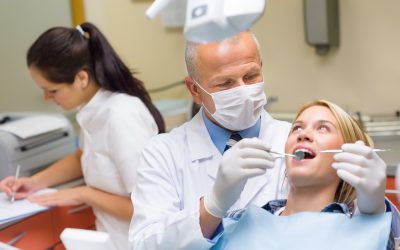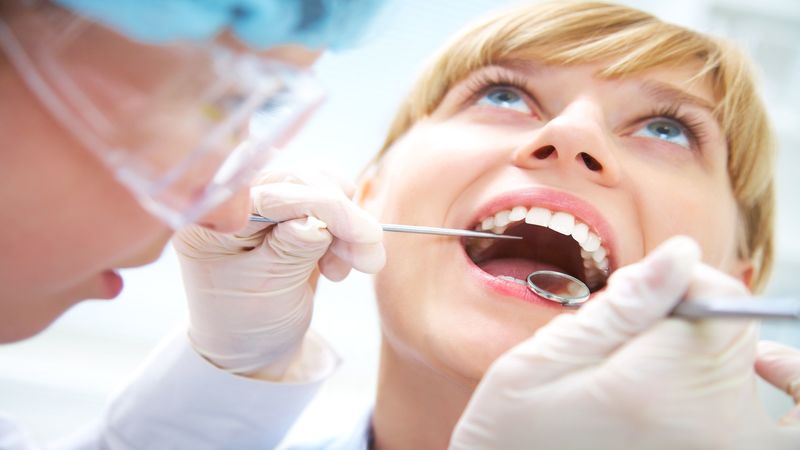Tooth Extractions in Effingham IL are never fun for patients, but often they are the best option for treating a severely damaged or decayed tooth. For patients who have never had a tooth pulled, this procedure can be quite intimidating. That’s why this article sets out to offer patients with upcoming appointments for tooth extractions some insight into what they can expect.
Prior to Surgery
Oral surgeons usually obtain full dental and medical histories on their patients prior to performing extractions. Patients should also be prepared to provide a list of any medications they take including supplements, vitamins, and over-the-counter medications. X-rays will also be taken prior to the surgery, and some patients will be prescribed antibiotics before the procedure is performed to help reduce the risk of infection.
Day of Surgery
The first thing the surgeon entrusted with performing the extraction will do is to numb the area immediately surrounding the tooth using a local anesthetic. The use of this numbing agent allows the extraction to be performed painlessly with only a strong feeling of pressure accompanying the extraction. Patients who are experiencing any pain at all during this procedure should immediately inform their oral surgeons so that more local anesthetic can be administered.
After the Surgery
Once the tooth has been removed, patients will be asked to bite down on some gauze for between 20 and 30 minutes to help form a blood clot and begin the healing process. Some bleeding is to be expected for the first day after the surgery, so patients should avoid chewing on the extraction site, consuming hot foods and alcoholic beverages, brushing around the area, using mouthwash, spitting and using straws. These activities can all dislodge the blood clot, which can significantly delay the healing process.
Get Started Today
Tooth Extractions in Effingham IL take around two weeks to begin healing, and soft tissue and bone can take as much as six months to regrow. Patients who are interested in having dental implants placed after the extraction should consult their dentists. Anyone who needs to find a new dentist or oral surgeon can Click Here for information about one local office that can help with tooth extractions and other dental procedures.


